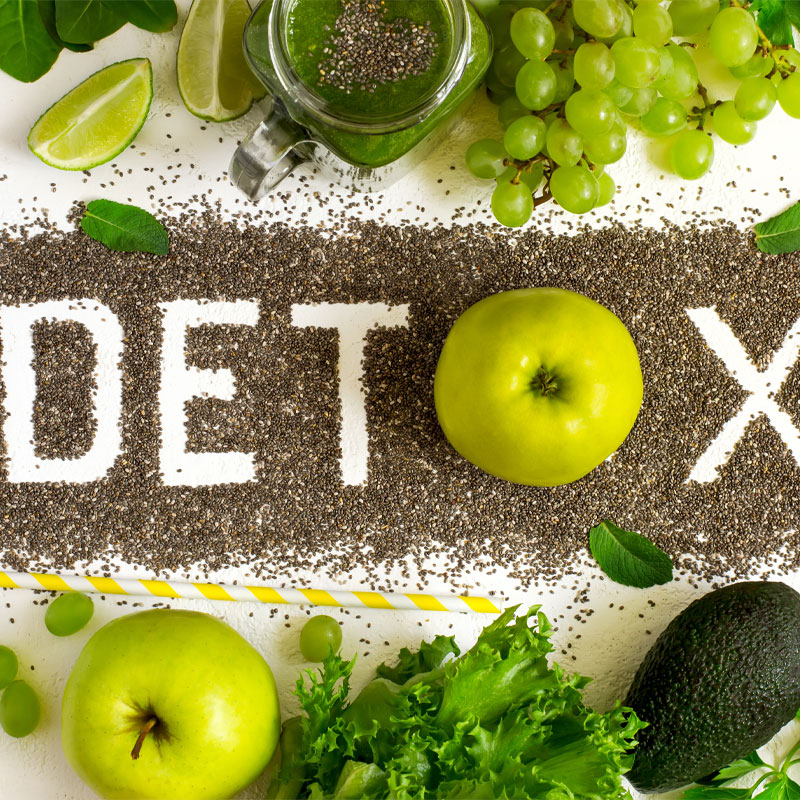SIBO, or Small Intestinal Bacterial Overgrowth, is a medical condition that affects the small intestine. It occurs when the bacteria within the small intestine are overgrown, or bacteria typically found in the large intestine migrate to the small intestine. A person with SIBO can experience mild to severe digestive complaints.

Causes of SIBO
Small intestinal bacterial overgrowth is often rooted in poor digestion, as food does not move through the digestive tract as it should. The slowdown in digestion causes bacteria to grow out of control, resulting in a bacterial imbalance. Several factors can increase the risk of developing SIBO, including:
- Age—As a person ages, the risk of bacterial overgrowth within the small intestine increases.
- Alcohol—Consuming too much alcohol can increase the risk of developing SIBO.
- Anatomy—An unusually shaped small intestine increases the risk of developing SIBO. Causes include a blockage in the gastrointestinal tract, gastric bypass surgery, scar tissue from surgery or radiation, diverticulosis, a fistula in the intestines, or injury to the GI tract.
- Low Stomach Acid—Low stomach acid compromises protein digestion, and partially undigested foods enter the small intestine, leading to improper microbial balance.
- Medical Conditions—Certain medical conditions, including inflammatory bowel disease (Crohn’s or ulcerative colitis), a weakened immune system, diabetes, connective tissue disorder (scleroderma), and lupus, increase the risk of developing SIBO. These conditions prevent the digestive system from working correctly.
- Medications—The use of certain medications, such as narcotics, antibiotics, and proton pump inhibitors, can lead to SIBO.
- Sex—Females are at an increased risk of having SIBO.

Symptoms of SIBO
SIBO can cause a wide variety of digestive disturbances. As bacteria proliferate, a person may experience the following symptoms:
- Abdominal Pain—Abdominal pain immediately following a meal is a common symptom of SIBO. Gases like methane and hydrogen build up in the bowel during digestion.
- Bloating—Small intestinal bacterial overgrowth causes bloating and abdominal distention as partially digested foods enter the small intestine and feed the bacteria growing inside.
- Brain Fog—A poorly functioning digestive tract impacts cognition. The GI tract produces most of the neurotransmitter serotonin. When the tract is unhealthy, serotonin production can decline, resulting in brain fog, memory loss, etc.
- Constipation and/or Diarrhea—When bacteria proliferate in the small intestine, hydrogen (H2) and methane (C4) gases build in the small intestinal tract. Hydrogen is associated with diarrhea, and methane is associated with constipation.
- Excess Gas—SIBO symptoms include excess gas, flatulence, heartburn, indigestion, and belching.
- Fatigue—SIBO overgrowth prevents the digestive system from functioning correctly. When the digestive tract does not function properly, the body cannot absorb proper nutrients, leading to fatigue.
- Food Sensitivities—SIBO causes inflammation throughout the digestive tract. It damages the walls of the small intestine, allowing partially digested food particles to enter the bloodstream, leading to various food sensitivities and intolerances.
- Loss of Appetite—People with SIBO may experience a loss of appetite or feel full after eating. Nausea from SIBO can make a person not want to eat.
- Malnutrition—The majority of nutrient absorption occurs in the small intestine. When the intestinal tract contains harmful bacteria, the small intestine cannot properly absorb vitamins and minerals, resulting in malnutrition.
- Weakness—Nutritional deficiencies and reduced food consumption can cause weakness.
- Weight Loss—Many SIBO sufferers experience weight loss. There are several reasons why weight loss can occur, including malnutrition and loss of appetite.

Holistic Treatment of SIBO
SIBO causes a plethora of unpleasant symptoms. Our gut health experts understand how imbalances can cause a cascade effect throughout every body system, organ, tissue, and cell. Our functional medicine practitioners will work with you to create a personalized plan for your unique needs.
We will address nutritional deficiencies to help heal your body from the inside out. We may also recommend dietary supplements, including probiotics, vitamins, minerals, and natural remedies, to support your body as it rebalances and restores your gut health and overall wellness.
























